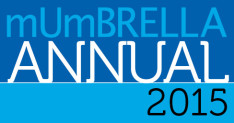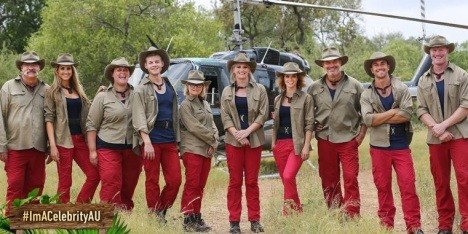2015 Annual: The year that was – February
 This year was another year of major change and transformation in the media and marketing world. Over the next 12 days, Mumbrella’s Nic Christensen and Miranda Ward provide a month-by-month recap of the most read and biggest stories that affected the industry. Here are the highlights from February.
This year was another year of major change and transformation in the media and marketing world. Over the next 12 days, Mumbrella’s Nic Christensen and Miranda Ward provide a month-by-month recap of the most read and biggest stories that affected the industry. Here are the highlights from February.
The month started with the eyes of the industry on Channel Ten’s much promoted reality show I’m a Celebrity Get Me Out of Here.
Among the ten contestants that went into the jungle in Africa were former Mix FM radio host Chrissie Swan, Olympic gold medal winning swimmer Leisel Jones, former test cricketer Merv Hughes and Maureen McCormick, who played Marcia Brady in the 70s TV show The Brady Bunch.
 The program drew 1.2m metro viewers on its debut and was viewed as a success with Ten renewing it for a second season in 2016.
The program drew 1.2m metro viewers on its debut and was viewed as a success with Ten renewing it for a second season in 2016.

